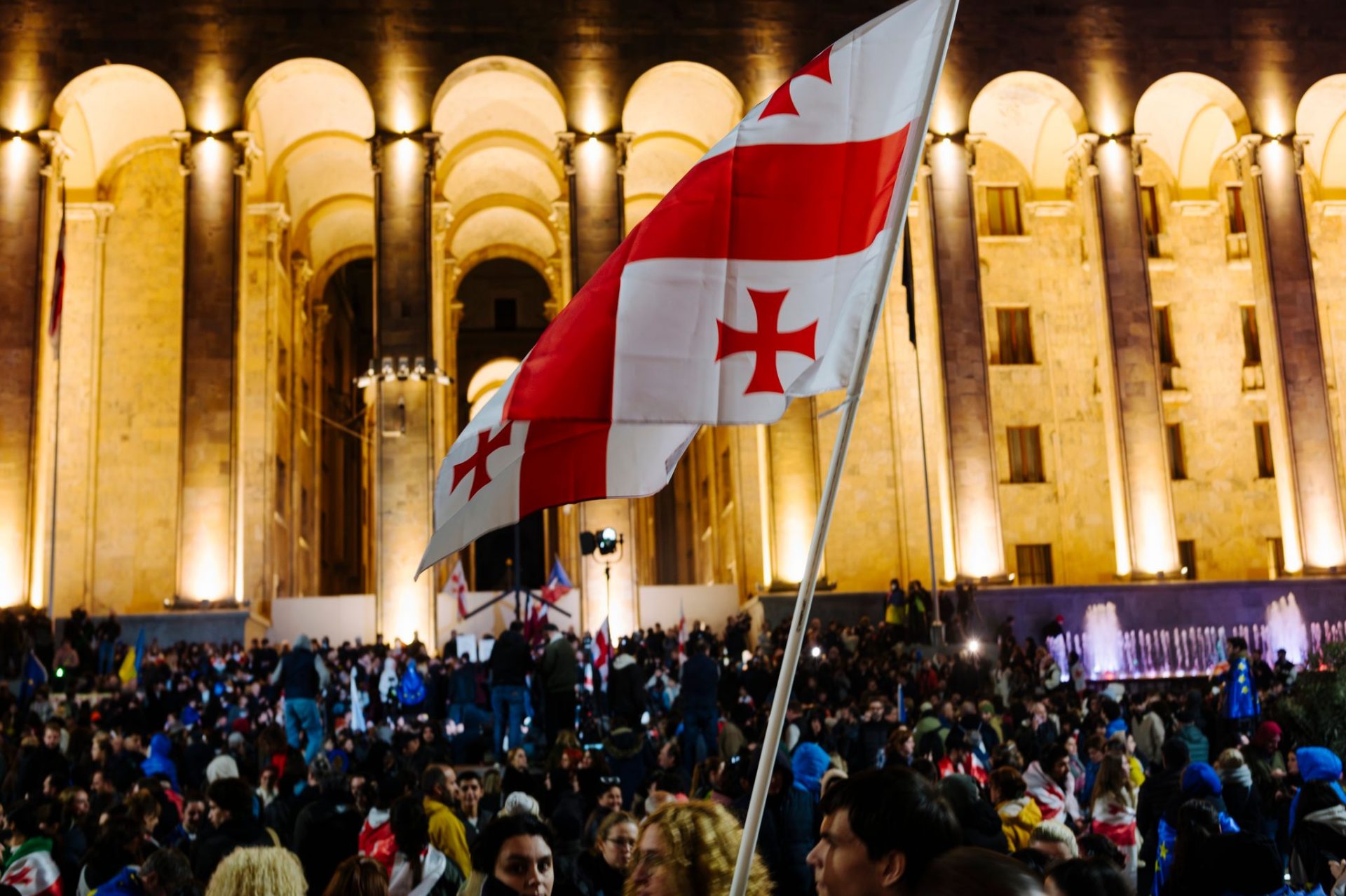“`html
Brussels (ANSA) – The EU “will consider additional measures” against Georgia following the crackdown on street protests that erupted after the electoral result contestations and the postponement of the EU accession process. This is reported by the European External Action Service in a note, urging Tbilisi’s ruling party, Georgian Dream, to de-escalation.
“Violence is not the answer to protesters’ requests for a democratic and European future for Georgia,” highlights Brussels, adding that “the persistent democratic backsliding and the repressive means used by the Georgian authorities have consequences on bilateral relations.” The possible new sanctions will be on the table at the next Foreign Affairs Council, scheduled for December 16.
The EU, the note continues, “deplores” the “repressive actions” and calls for “the immediate release of all detained persons, the end of widespread intimidation, political persecutions, reported torture and mistreatment of citizens.” “Fundamental rights, such as the right to peaceful assembly and expression, must be respected and protected in line with the Constitution of Georgia and international obligations,” warns Brussels, demanding that “all allegations of torture and mistreatment” be “credibly investigated”.
Hungary will veto EU sanctions against the Interior Minister and police chiefs of Georgia, announced Hungarian Foreign Minister, Péter Szijjártó, calling the proposal “senseless and unjustified”. “We oppose the addition of Georgian officials to any sanctions list. If such a proposal is made, Hungary will block it, that’s certain,” Szijjártó explained, meeting in Budapest with his Georgian counterpart, Maka Bochorishvili.
Szijjártó criticized what he called the “predictable response of the liberal mainstream,” which questioned the legitimacy of the elections in the country. “If the opposition had won, Brussels would have applauded democracy,” he declared, calling the criticisms of Georgia “hypocritical, tired, and repugnant” (December 10).
“`
 go to the original language article
go to the original language article
